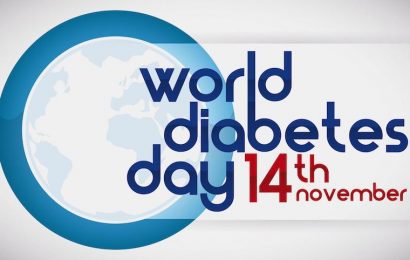Inspirational stories about people with diabetes reaching for and achieving their dreams are published all the time. One of those stories recently took the form of a Reuters article on Douglas Cairns, a pilot with Type 1 diabetes who plans to fly an airplane solo to the North Pole later this month. The article notes that in most countries, such a solo flight would not be allowed; the Unites States is one of only five that allows people with diabetes who take insulin to fly private planes on their own. Cairns himself must be familiar with restrictions based on his condition, having been released from the British Royal Air Force upon his diabetes diagnosis in 1989.
Few people would argue that there should be no occupational restrictions at all for people with diabetes — especially when it comes to high-risk situations like military combat. But many people believe that existing restrictions are not narrow enough to be rational — and courts often agree, as we noted two years ago when a prospective FBI Special Agent with diabetes won a lawsuit after initially being rejected because of his condition.
One area of employment in the United States that people with diabetes cannot access at all is the military. As About.com notes in its section on the US Military, an official Army Regulation — which the other branches of the armed forces also recognize — lists medical conditions that disqualify individuals from military service. Diabetes is one of them, regardless of its form or whether the person relies on injected or infused insulin. Not quite as restrictive are Federal Aviation Administration guidelines, which focus on people with insulin-treated diabetes. These individuals are barred entirely from first- or second-class medical certification, which means that they cannot fly commercial aircraft. They may, however — on a case-by-case basis according to various medical markers (HbA1c level, hypoglycemic episodes) — obtain third-class certification to fly small private planes.
The rules governing commercial driving also focus on people with insulin-treated diabetes. As the American Diabetes Association notes on its Web site, longstanding federal law once prohibited these individuals from operating a vehicle involved in interstate commerce — which doesn’t mean that the vehicle has to cross state lines, only that it is part of an operation that transports people or goods from state to state. In 2003, however, the Federal Motor Carrier Safety Administration instituted its Diabetes Exemption Program, which allows some people with insulin-treated diabetes to apply for interstate-commerce certification. This program, however, is only open to people who already drive a commercial vehicle that is not involved in interstate commerce. But most states do not allow people who take insulin to operate commercial vehicles involved in state-based operations, or they have strict medical requirements for exemptions from the law. This is also the case for noncommercial state-based positions, such as school bus drivers.
What do you think — what kinds of restrictive rules for diabetes in specialized professions are acceptable? Should every person be judged on a case-by-case basis, or are there some situations in which it is acceptable to exclude categories of people? Is it wrong to single out insulin-treated diabetes for scrutiny? Would it be wrong to single out Type 1 diabetes over Type 2, or vice versa? Leave a comment below!




